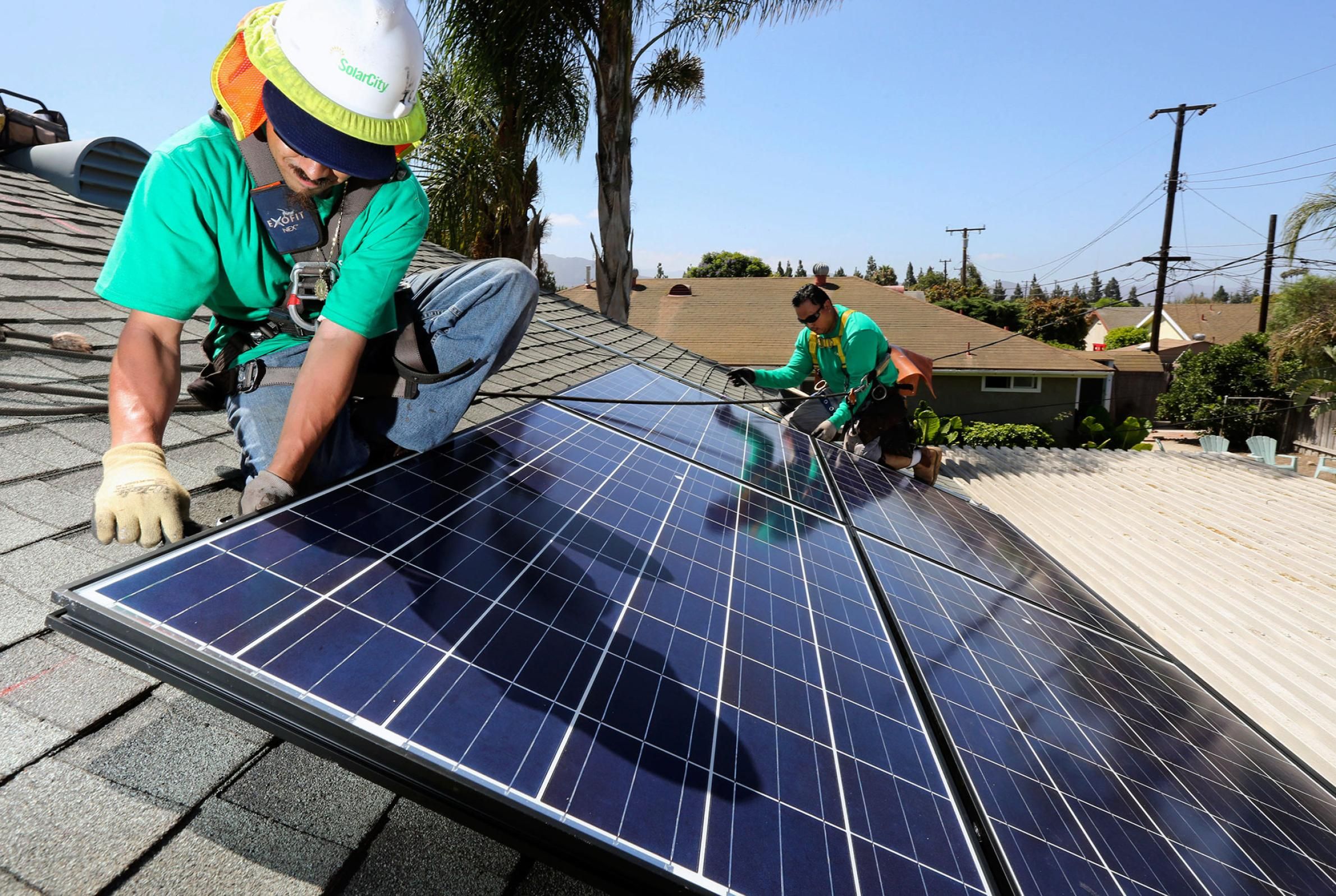Introduction To Solar Panel Price in Pakistan
As Pakistan continues to experience a growing demand for sustainable energy solutions, solar panels have emerged as a popular choice for both residential and commercial energy needs. The cost of solar panels in Pakistan is influenced by a variety of factors, including technological advancements, market demand, and government policies. This guide provides an in-depth look at solar panel price in Pakistan and also addresses the price of solar power inverters, which are crucial components of a solar energy system.
1. Overview of Solar Panel Pricing in Pakistan
Solar panel prices in Pakistan have seen a significant decrease over the past decade, making solar energy a more accessible and cost-effective option for many. This decline in prices is attributed to advances in technology, increased competition among suppliers, and government incentives aimed at promoting renewable energy.
Types of Solar Panels:
- Monocrystalline Panels: Known for their high efficiency and sleek appearance, these panels are generally more expensive but offer better performance, especially in low-light conditions.
- Polycrystalline Panels: These are less expensive than monocrystalline panels and offer slightly lower efficiency. They are a good choice for those on a tighter budget.
- Thin-Film Panels: These panels are flexible and lightweight but tend to have lower efficiency compared to crystalline panels. They are typically used in specialized applications.
Price Range:
- Monocrystalline Panels: Typically range from PKR 30,000 to PKR 40,000 per panel, depending on the brand and efficiency.
- Polycrystalline Panels: Generally cost between PKR 25,000 and PKR 35,000 per panel.
- Thin-Film Panels: Prices vary widely but generally fall between PKR 20,000 and PKR 30,000 per panel.
If yoou want to know more information about solar power inverter price in Pakistan visit sun life solar.
2. Factors Affecting Solar Panel Prices
Several factors can influence the price of solar panels in Pakistan:
- Quality and Brand: Higher-quality panels from reputable brands tend to be more expensive. Investing in well-known brands can ensure better performance and durability.
- Technology: Advances in solar technology can affect prices. Panels with higher efficiency or advanced features will cost more.
- Quantity Purchased: Buying in bulk can sometimes lead to discounts. Larger installations may benefit from reduced per-unit costs.
- Government Subsidies: The Pakistani government offers various incentives and subsidies to encourage the adoption of solar energy. These can significantly impact the overall cost.
3. Cost of Solar Power Inverters in Pakistan
A solar power inverter is an essential component of a solar energy system. It converts the direct current (DC) electricity generated by solar panels into alternating current (AC) electricity, which is used by most household appliances. The price of solar power inverters in Pakistan varies based on capacity, efficiency, and brand.
Types of Solar Inverters:
- String Inverters: These are the most common type and are generally less expensive. They work by connecting a series of solar panels into a string and inverting the combined DC power.
- Microinverters: These are installed on each solar panel and convert DC to AC at the panel level. They are more expensive but offer higher efficiency and better performance in shaded conditions.
- Hybrid Inverters: These inverters can manage both solar power and energy storage systems, making them a versatile choice for those with battery storage.
Price Range:
- String Inverters: Prices range from PKR 20,000 to PKR 50,000, depending on the capacity and brand.
- Microinverters: Typically cost between PKR 15,000 and PKR 30,000 per unit.
- Hybrid Inverters: These can range from PKR 40,000 to PKR 100,000 or more, depending on their features and capacity.
4. Solar Panel Installation Costs
In addition to the cost of the solar panels and inverters, installation costs must be considered. These can vary based on the complexity of the installation, the size of the system, and the location.
Installation Costs:
- Residential Systems: Installation costs for residential systems typically range from PKR 50,000 to PKR 150,000, depending on the system size and complexity.
- Commercial Systems: For larger commercial installations, costs can range from PKR 200,000 to PKR 500,000 or more.
5. Government Incentives and Financing Options
The Pakistani government provides various incentives to promote solar energy adoption, including tax rebates, subsidies, and low-interest financing options. These can help reduce the initial cost of solar panel systems and make them more affordable for a broader range of consumers.
Incentives:
- Subsidies: The government offers subsidies for solar panel installations to reduce the financial burden on consumers.
- Tax Rebate: Tax rebates are available for solar panel installations, which can further reduce costs.
- Financing: Low-interest loans and financing options are available to help spread the cost of solar panel systems over time.
6. Conclusion
The cost of solar panels and solar power inverters in Pakistan has become increasingly competitive, making solar energy a viable option for many households and businesses. Understanding the various factors that influence prices, including panel type, inverter type, and installation costs, can help you make informed decisions when investing in solar energy.
Additionally, taking advantage of government incentives and financing options can further reduce the cost and make solar energy more accessible. As technology continues to advance and the market evolves, solar energy is likely to become even more affordable and widespread in Pakistan.
By investing in solar panels and inverters, you can contribute to a more sustainable future while also potentially reducing your energy costs in the long run.
